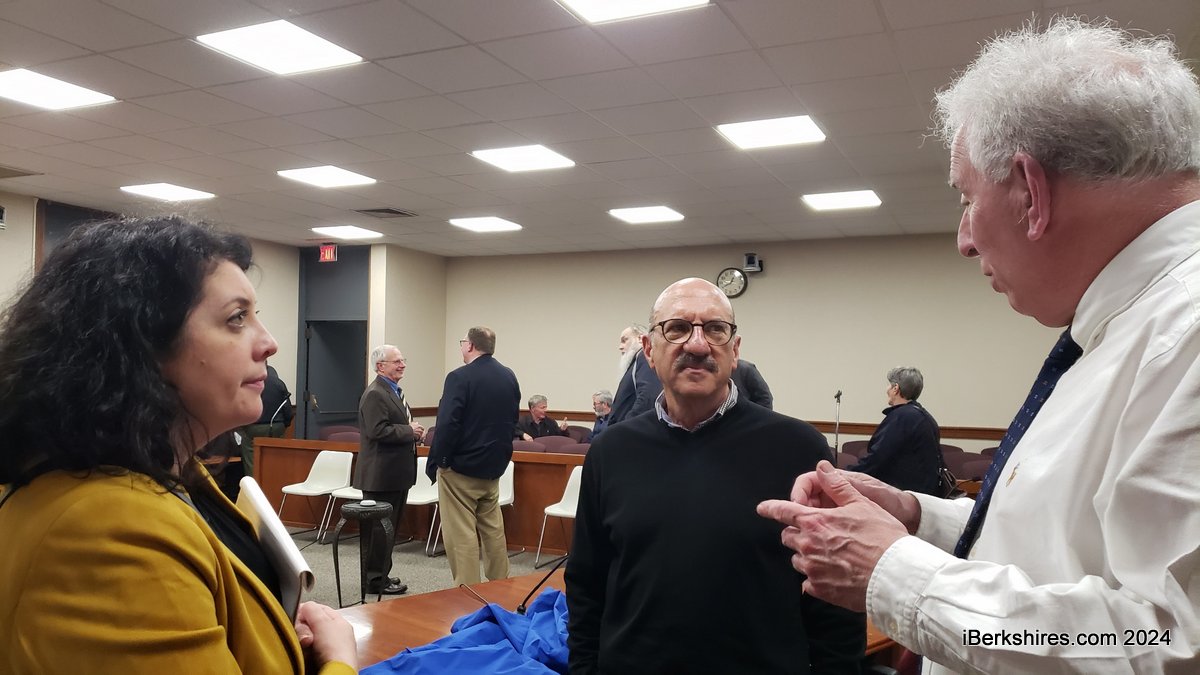
Be conscious of your investment environment
 |
- Avoid "toxic" investment strategies. The dangers of pollution helped drive the creation of Earth Day. As an investor, you also need to watch out for "toxins" – particularly in the form of unhealthy investment techniques. For example, chasing after "hot" stocks can burn you. In the first place, by the time you've heard of them, they may already be cooling off. Second, and probably more important, these hot stocks just may be wrong for the investment mix that's appropriate for your needs. Another toxic investment strategy: trying to "time" the market by "buying low and selling high." No one can really predict when market highs and lows will occur, and if you're always jumping in and out of the investment world, you'll likely waste time and effort – not to mention money. Instead of looking for today's hottest stocks or guessing where the market is heading, try to create and follow a long-term investment strategy based on your goals, risk tolerance and time horizon.
- Reduce waste. From an environmental standpoint, the less waste and garbage we produce, the better it is for our planet. As an investor, can you find "wasteful" elements in your portfolio? It's possible that you own some investments that may be redundant – that is, they are virtually indistinguishable from others you may have. Also, some investments, due to their risk profile or performance, no longer may be suitable for your needs. In either case – redundancy or unsuitability – you might be better off selling the investments and using the proceeds to purchase others that can be more helpful.
- Recycle wisely. Recycling is a major part of the environmental movement. At first, though, you might not think the concept of recycling could apply to investing. But consider this: If you own stocks or mutual funds, you may receive dividends, and, like many people, you may choose to automatically reinvest those dividends back into the stocks or funds. So, in a sense, you are indeed "recycling" your dividend payments to boost your ownership stakes – without expending additional resources. And, in fact, this can be quite an effective and efficient way to increase your wealth over time.
- Plant some "trees." Planting trees has always been a key activity among boosters of the environment – with the recognition that their efforts will take years, or even decades, to reach fruition. When you invest, you must sometimes start small. By purchasing a limited amount of an investment and nurturing it over the years by adding more shares, you may one day have achieved significant growth. (Keep in mind, though, that there are no guarantees – variable investments such as stocks can lose principal.)
















